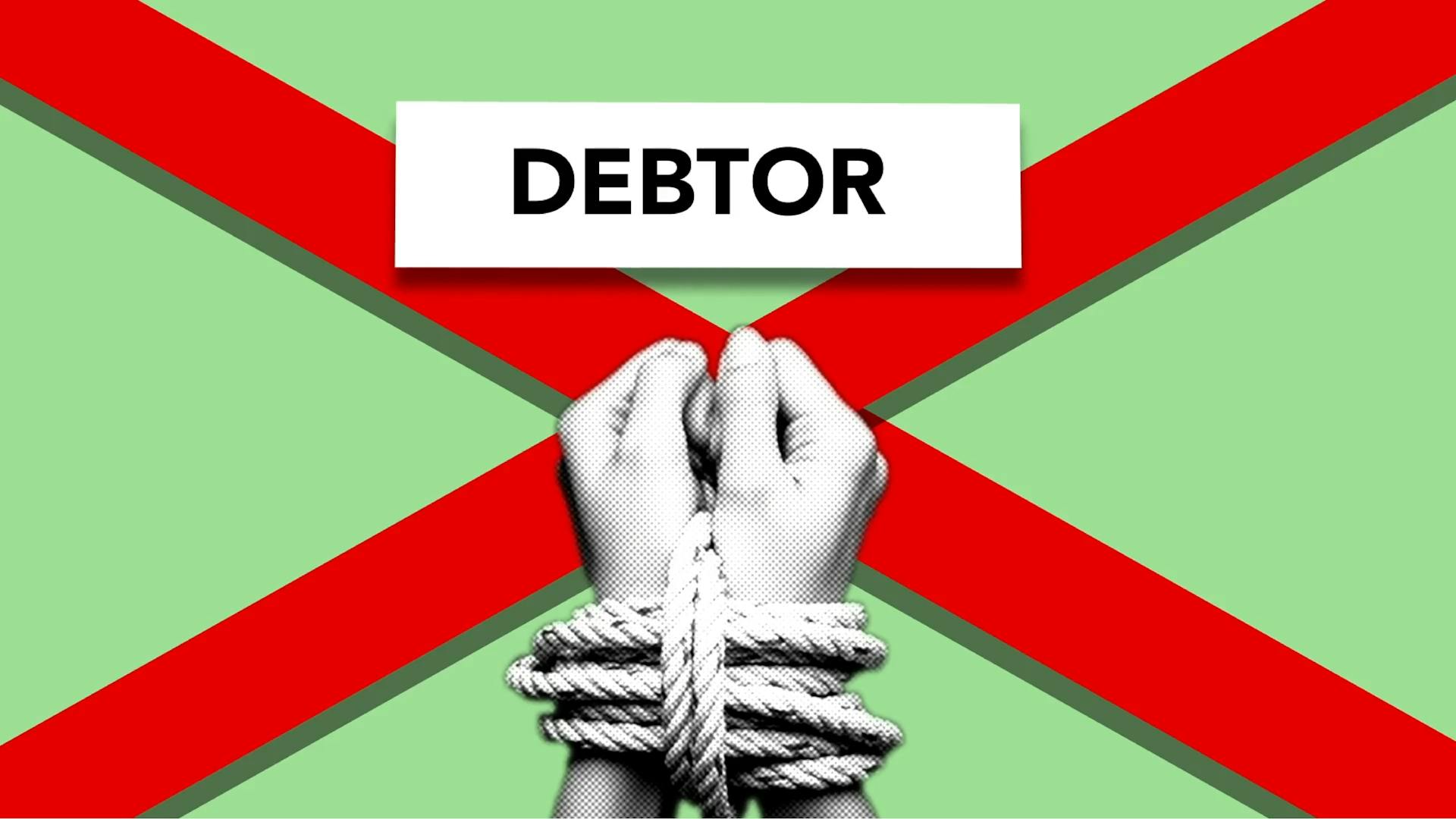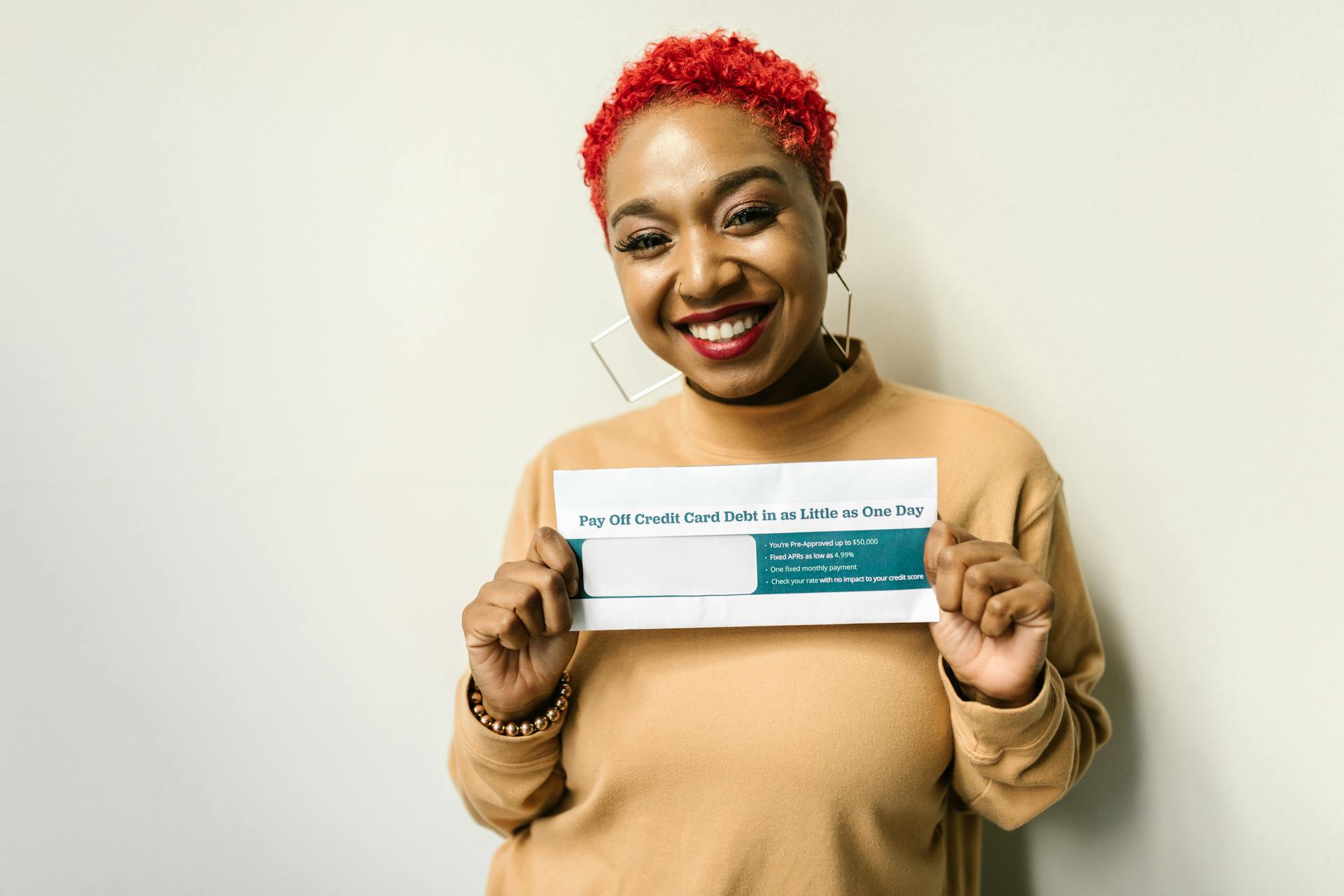
If you're considering debt consolidation, it's essential to ask the right questions to make informed decisions.
What is the total cost of the debt consolidation service, including all fees and interest rates? According to the National Foundation for Credit Counseling, debt consolidation companies may charge origination fees, monthly maintenance fees, and late payment fees.
Before committing to a debt consolidation company, ask about their payment terms and conditions, including the length of the repayment period and any penalties for early payoff. This will help you understand the total cost of the service and whether it fits within your budget.
A reputable debt consolidation company should have a clear and transparent fee structure, and be willing to explain each fee in detail.
What to Know
Debt consolidation companies can charge high fees, up to 25% of the consolidated amount.
Before signing up with a debt consolidation company, it's essential to research their reputation and read reviews from other customers.
The Federal Trade Commission (FTC) requires debt consolidation companies to clearly disclose their fees and terms in writing.
Some debt consolidation companies may charge interest rates as high as 36% APR.
You should also ask about the company's experience working with creditors and their success rates in negotiating lower interest rates.
Debt consolidation companies may have different types of programs, such as debt management plans or debt settlement plans, which can have varying fees and terms.
Be wary of companies that claim to have "secret" or "exclusive" programs that can't be found elsewhere.
The length of time it takes to complete a debt consolidation program can vary, but most programs last between 3 to 5 years.
You should also ask about the company's customer service and support, including their availability and communication methods.
Some debt consolidation companies may charge late fees or penalties for missed payments.
It's crucial to understand the company's policies on late payments and how they will affect your debt consolidation plan.
Check this out: Do Credit Consolidation Companies Work
When to Use
If your debt is less than 50% of your income, consolidation may be a good option. If it's more than 50% of your income, debt settlement or bankruptcy could be better options.
The key is to lower your payment, interest rate, and credit utilization. Will consolidating your debt help you achieve these goals? Consider the following questions:
- Will I lower my payment?
- Will I lower my interest rate?
- Will this help my credit?
If the answer to any one of these questions is yes, it's worth looking into consolidating. You'll have to qualify, but it's worth a shot.
Broaden your view: Are Debt Consolidation Companies Worth It
Alternatives and Options
Credit counseling can be a great option if you're unsure about debt consolidation. A counselor can review your financial situation and present alternatives, making the situation clearer.
Debt management programs are nonprofit and run by credit counseling agencies to help consumers eliminate credit card debt in a 3-to-5 year period. You can expect to make one affordable monthly payment.
Home Equity Loans can be used to eliminate debt or pay for costly expenses, but the amount you can borrow is limited to 85% of your home's equity.
Debt Settlement can eliminate a large portion of the debt you owe, but be aware that there are usually fees to pay to the debt settlement company that can cut into your savings.
Worth a look: Counseling Debt Consolidation
Alternatives to Debt Consolidation
Credit counseling is a great option for those unsure which way to turn. A counselor can help you make sense of your financial situation and present options.
Debt management is a form of nonprofit debt consolidation that can help you eliminate credit card debt in a 3-to-5 year period. This is run by credit counseling agencies that work with credit card companies to reduce interest rates.
Your credit score is not a factor in debt management programs, which is a relief. This is not a loan, but rather a monthly payment program that helps you get out of debt.
Home Equity Loans can be used to eliminate debt or pay for costly expenses, but the amount you can borrow is limited to 85% of your home's equity.
Debt Settlement can eliminate a large portion of the debt you owe, but be aware that there are usually fees to pay to the debt settlement company. Your credit score will also take a hit.
Bankruptcy can be a fresh start, but it's not something to rush into. Talking to a certified financial counselor can help you determine if bankruptcy is your best option.
A unique perspective: Equity Loan to Pay off Credit Cards
Card Options
To tackle credit card debt, you can consider balance transfer credit cards, which can reduce your interest to as low as 0% for an introductory period.
You'll need a good credit score (680 or higher) to qualify for a card with a 0% intro rate, and be aware that lower credit scores may still qualify but with a higher interest rate.
Balance transfer fees can range from 2% to 3% of the amount owed, so if you owe $10,000, that's another $200 to $300 added to your bill.
Paying off your entire debt in the time frame allowed is crucial, as regular interest rates can kick in, ranging from 16% to 25% in late 2020.
On a similar theme: Discover Debt Consolidation Loan Credit Score
Choosing a Company
Choosing a Company can be a daunting task, but don't worry, we've got you covered. A good loan consolidation company can help you get a loan for consolidating debt that you might not achieve on your own.
Not all loan consolidation companies have your best interests at heart, so it's essential to do your research. A company that offers you a debt consolidation loan acts as an intermediary, helping you get the financing to consolidate your various debts into one.
To find a reputable company, you should ask them about their success rate in reducing overall debt through consolidation. More than 25,000 in debt and looking for loan consolidation? A company that can help you achieve this is a good one to consider.
Here are the 17 crucial questions to ask a debt consolidation company:
- What types of debts can you consolidate?
- Do you offer fixed or variable interest rates?
- What are your fees?
- How will this affect my credit score in the short and long term?
- Can you provide client references or testimonials?
- Are there any penalties for early repayment?
- How long will the consolidation process take?
- What's your success rate in reducing overall debt through consolidation?
- Do you offer personalized financial counseling during the consolidation process?
- How often will we communicate about my loan's status?
- Do you provide a clear breakdown of the new payment schedule?
- If I have a problem, what's your grievance handling process?
- Are you licensed and accredited for loan consolidation services?
- What happens if I miss a payment?
- What are the potential risks involved in loan consolidation?
- How do you ensure the confidentiality and security of my financial information?
- Can I access my accounts and track my progress online?
How to Choose a Debt Consolidation Company
Choosing a debt consolidation company can be a daunting task, but it's essential to do your research to find the right one for your needs. Consider whether a debt consolidation program or a debt consolidation loan would be more beneficial for your circumstances.
A debt consolidation program through a debt relief company may be a better option for someone with a lower credit score, as the lending parameters may be more flexible with this route. However, the interest rate on the loan could be higher in return.
Recommended read: What Is a Debt Consolidation Program

To choose a debt consolidation company, follow this process: ask questions, arm yourself with knowledge, and be aware of the potential risks involved. Some crucial questions to ask include: what types of debts can you consolidate, do you offer fixed or variable interest rates, what are your fees, and how will this affect my credit score in the short and long term?
A good loan consolidation company can help you get a loan for consolidating debt that you might not achieve if working to get a loan on your own. However, not all loan consolidation companies have your best interests at heart.
Here are 17 crucial questions to ask a debt consolidation company:
- What types of debts can you consolidate?
- Do you offer fixed or variable interest rates?
- What are your fees?
- How will this affect my credit score in the short and long term?
- Can you provide client references or testimonials?
- Are there any penalties for early repayment?
- How long will the consolidation process take?
- What's your success rate in reducing overall debt through consolidation?
- Do you offer personalized financial counseling during the consolidation process?
- How often will we communicate about my loan's status?
- Do you provide a clear breakdown of the new payment schedule?
- If I have a problem, what's your grievance handling process?
- Are you licensed and accredited for loan consolidation services?
- What happens if I miss a payment?
- What are the potential risks involved in loan consolidation?
- How do you ensure the confidentiality and security of my financial information?
- Can I access my accounts and track my progress online?
Remember, transparency is key when choosing a debt consolidation company. Look for a company that discloses all terms involved in doing business and freely provides information to verify its claims.
Counseling and Education
When choosing a debt consolidation company, it's essential to consider the educational aspect. Nonprofits involved in debt consolidation often provide valuable counseling and education to consumers.

The IRS requires nonprofits to offer an educational facet to their service to retain tax-exempt status as 501(c)(3) organizations. This means you can trust that they'll provide helpful guidance.
Nonprofits offer credit counseling almost always at no cost, which is a huge plus. They review your finances to identify the circumstances that led to financial problems and provide guidance on managing budgets.
Be sure to check if the company's counselors are trained and certified. The National Federation for Credit Counseling (NFCC) is a great resource to verify certification.
By choosing a nonprofit with certified counselors, you can feel confident that you're getting expert advice. This can make a big difference in your financial future.
Broaden your view: American Financial Services Debt Consolidation
Frequently Asked Questions
What are the pitfalls of debt consolidation?
Debt consolidation can come with hidden costs and risks, including upfront fees and potential damage to your credit score if payments are missed
Sources
- https://www.debt.org/consolidation/loans/
- https://www.debt.org/consolidation/companies/
- https://www.cbsnews.com/news/crucial-questions-to-ask-before-consolidating-your-credit-card-debt/
- https://www.guardiandebtrelief.com/debt-relief-professional-debt-help-settle/
- https://authorizedlending.com/loan-consolidation-17-questions-to-ask-before-getting-loan/
Featured Images: pexels.com


